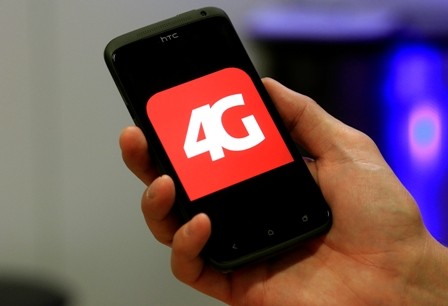The world's top three mobile service providers--AT&T, Verizon, and China Mobile--announced newer offers that introduce a shift in earning revenues from data aside from the usual voice and text messages, Shanghai's China Business News reported.
AT&T, the world's biggest operator in terms of sales in 2014, charges subscribers of its "Mobile Share" plans according to their data usage. These users also get voice calls and text messages for free, according to the newspaper.
Verizon, on the other hand, declared the company to be categorizing its mobile plans into four types with varying data caps, but all with free text messages and voice calls.
China Mobile also joined the bandwagon, as the firm announced in July three new service packages with monthly prices of 338, 418 and 518 yuan ($53, $65 and $81). Together with unlimited calls and text messages, these new mobile plans that come with tiered data caps are scheduled to go live after Sept. 30, the newspaper said.
The surge in data usage, enabled by the introduction of fourth generation (4G) wireless technology, resulted in a swift revenue growth, eventually overtaking the sales coming from voice calls and text messages, according to the report.
Xu Ke, Detecon International's vice president for China, said that Chinese network providers that target launching voice-over-LTE services will be able to do so this year.
However, Telecom sector expert Fu Liang said that it will be a challenge for Chinese firms to fully migrate to data-based services due to a huge number of 2G subscribers.
Verizon also announced a policy change in the end of contracts with a minimum lock-in period and phone subsidies, the report said.
U.S.-based operator T-Mobile was the first corporation to implement non-contract services in 2013. Despite the opportunity to capture clients, some telecom operators are losing their net profits on subsidies, according the paper.
In 2014, China Telecom and China Unicom enjoyed net profits of 17.68 billion ($2.76 billion) and 12.06 billion yuan ($1.89 billion), respectively, while having an approximate of 10-20 billion yuan ($1.6-$3.1 billion) per year for expenses on phone subsidies.
These lowered mobile phone subsidies are seen as a bane to the Chinese handset manufacturers, such as Lenovo and Coolpad, which are dependent on sales through operators, the paper said.



























